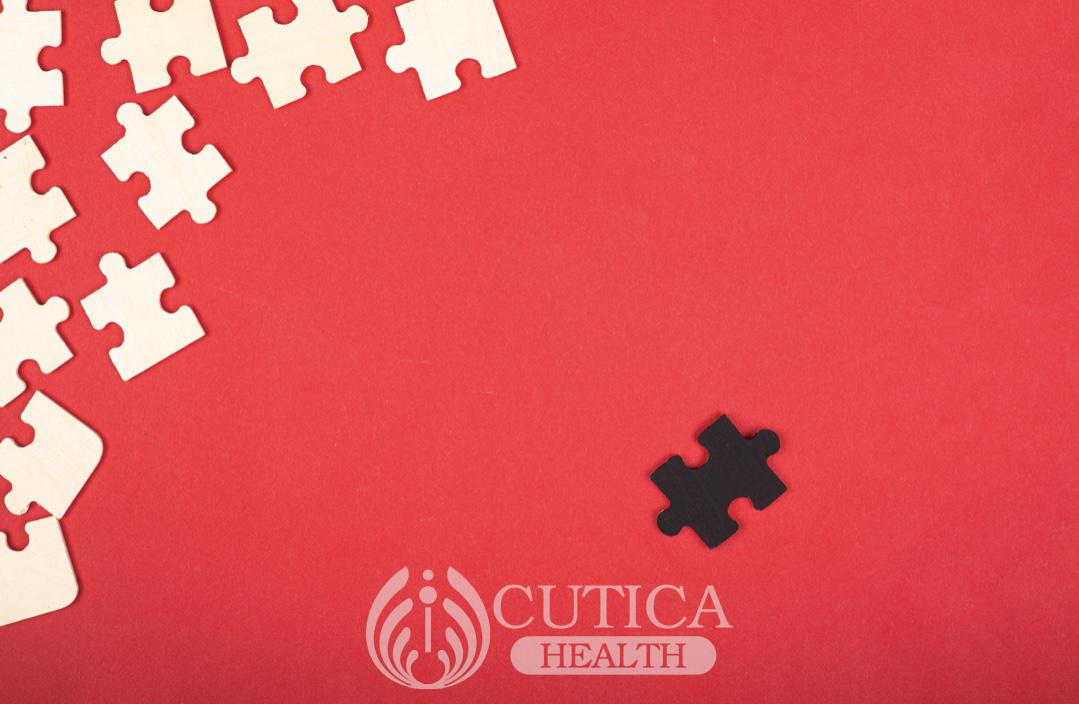
Antisocial behavior can be described as overt or covert acts of hostility and aggression directed at others, animals, or property. Overt antisocial behaviors include verbal abuse, hitting and fighting, bullying, destruction of property, theft, aggressive actions towards parents, siblings, peers, or other adults.
Covert antisocial behaviors include lying, non-compliance to rules, defiance of authority, and secret destruction of property. Antisocial behaviors exist on a scale ranging from mild to severe and the way each case is managed will depend on this.
In order to understand antisocial behavior, you must know these things:
What causes antisocial behavior?
As with most psychological disorders, antisocial behaviors develop and are shaped by a mixture of nature (genetics, personality, and cognitive ability) and nurture (environment).

Genetic and neurobiological factors: these are factors that might have affected brain development in any way. Examples include: pre-frontal cortex abnormalities, traumatic head injury, prenatal brain damage, maternal drug abuse during pregnancy, chronic illness, low birth weight, and birth complications.
Social and environmental factors include: unstable family life, parental drug and alcohol abuse, absent parenting, family disruption (separation caused by death, divorce, and other factors), poverty, abuse, neglect and violence at home, or a history of anti-social behavior.
Psychological factors: people who meet the following criteria have a higher chance of developing antisocial personality disorder as adults. These criteria include family history of antisocial personality disorder, diagnosis of childhood conduct disorder, having with a parent with a psychiatric disorder such as depression, or other mental health disorders.
Sex: men are more likely to display anti-social behaviors than women.
What are some signs of antisocial personality disorder to watch out for?
People with anti-social behaviors tend to display these signs:
- Impulsiveness (does not consider the consequences of their actions or learn from them)
- Exploits and manipulates others for their own gain/pleasure
- Hostile, irritable, and aggressive
- Lacks empathy for others and lack of remorse about their actions
- Takes unnecessary or dangerous risks without regard for the safety of self or others
- Delinquent behavior which may lead to problems with the law
- A sense of superiority and complete disregard for right and wrong
- Uses intimidation to violate the rights of others
- Misuses drugs and alcohol
- Irresponsible: unable to meet school, work, or family obligations

At what age can antisocial behavior be observed?
Children as young as three years of age can act in noticeably anti-social ways. If not properly managed, these behaviors will persist and escalate into a conduct disorder during the teenage years. Antisocial personality disorder can only be diagnosed when the individual is aged 18 and above. Antisocial behaviors occurring before age 18 are categorized under conduct disorders.
Antisocial personality disorder is considered lifelong but it has been observed that these behaviors may decrease as time goes on for unclear reasons.
How is it treated and managed?
Antisocial personality disorder is a lifelong disorder but it can be managed. Management and treatment plan will depend on the severity of symptoms and how willing they are to seek treatment.
First, opt for mental health professionals who have experience in treating antisocial personality disorder. Talk therapy, also known as psychotherapy can be used in the effective treatment of antisocial personality disorder. Many times, therapy takes the form of treatment of underlying mental health conditions, rehabilitation from drug or alcohol abuse, and anger management. However, psychotherapy can be ineffective if the symptoms are severe and the person fails to recognize that they have a problem.

Conclusion
People with antisocial personality disorder act out without regard for the consequences or their effect on those around them. A mental health professional can help improve their quality of life through anger management classes and psychotherapy.












